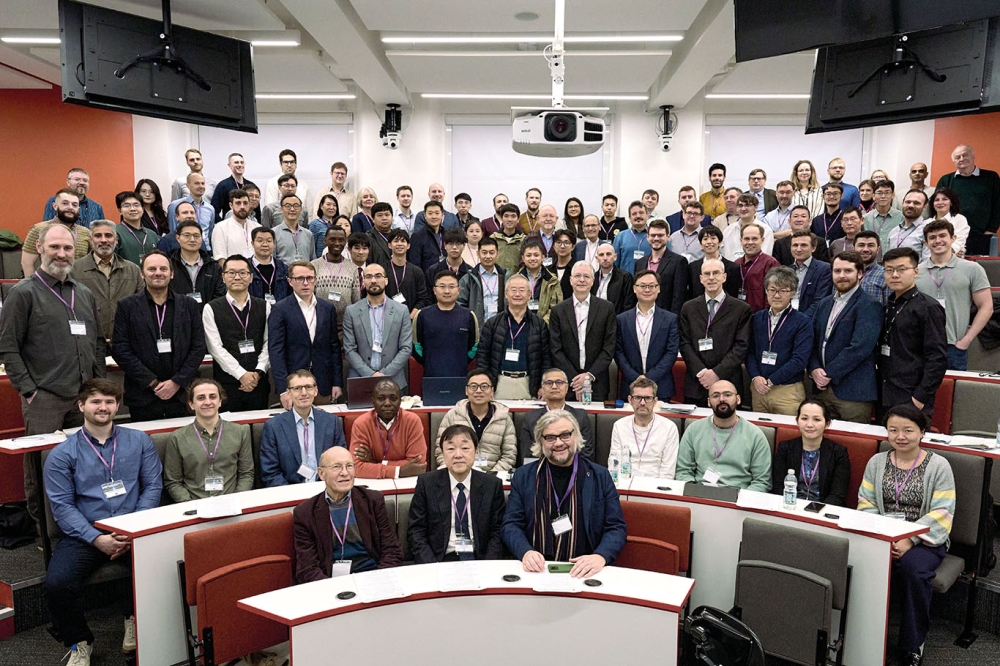Data tool slashes process development time
German startup Process Relations has made the software that it says has allowed its customers to halve the time they spend on collecting data even easier to use.
It has made it simpler for semiconductor scientists to import data into its Xperidesk process development execution system (PDES), which organizes and documents conditions used and the results they achieve.
This allows users to fully exploit information from past experiments, reducing the need to perform additional development work.
“What we hear from our customers is they say that their engineers spend up to 80 percent of their time collecting data, and only 20 percent on evaluating it,” said Dirk Ortloff, co-founder and chief technology officer of Process Relations.
While Ortloff concedes that this is the largest such figure he s heard, he claims that customers can trim at least 50 percent from time spent collecting data.
He says that Xperidesk does not reproduce the capabilities of any existing systems, but does integrate with them and allow information to pass into other packages.
This capacity, also upgraded in Xperidesk 2009.1 launched by Process Relations on June 2, provides a simpler interface for non-specialist researchers to use TCAD design software, for example.
“What the system actually does is allow you to design a new process, virtually manufacture and then physically manufacture it,” Ortloff explains. Fully exploiting the potential of computer modeling saves experimental time, he points out.
“With these three stages, we are able to close the loop, so we can start iterating, using the experiments to improve the design and the initial recipe.”
The Dortmund company's software is designed specifically for the process development stage, to provide as much flexibility in assessing results in different ways as possible.
The latest version adds a powerful search tool that will readily return details of wafers produced throughout a company's history.
This promises to save even more of its customers time, which would have been spent rooting through old data stored in servers for a single relevant result.
“Searching manually through a file server structure, to answer questions like Give me all the wafers that have seen that recipe is almost impossible to do,” Ortloff told compoundsemiconductor.net.
Confidential co-operation
Process Relations first proper customer was Swedish “electrochemical pattern replication” (ECPR) metallization technology firm Replisaurus.
Having successfully deployed Xperidesk at its main site, it will now also exploit the software at its French subsidiary Smart Equipment Technology (SET).
Replisaurus intends to use SET, which was the former wafer bonding business of Suss Microtec, to produce high volume ECPR manufacturing tools.
More recently, the Aachen, Germany, based contract development centre AMO has begun using Xperidesk in areas including photonics, photovoltaic and nanoimprint lithography research. AMO also has its eye on transferring its knowledge to higher-volume manufacturing.
Xperidesk addresses this area by providing manufacturing engineers access to an extensive record of the development process. Consequently, when variations occur as a manufacturing method is ramped up they can see whether the problem arose in development, and if so what was done to solve it.
This saves time that development scientists would otherwise spend trying to solve these problems, and can also be done using intellectual property protection in the Xperidesk software. In this way, if the technology is being transferred outside of the development organisation, it can prevent its manufacturing partner seeing information it shouldn t.
“We give, in a rather selective way, all the data you want to ship with,” Ortloff said. “You re not purely relying on the engineers knowledge, therefore you can ramp up a fab much faster with these capabilities.”































